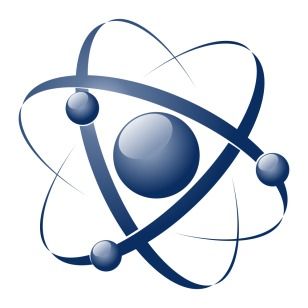Theoretical physicists have proposed a scalable quantum computer architecture. The new model, developed by Wolfgang Lechner, Philipp Hauke and Peter Zoller, overcomes fundamental limitations of programmability in current approaches that aim at solving real-world general optimization problems by exploiting quantum mechanics.
Within the last several years, considerable progress has been made in developing a quantum computer, which holds the promise of solving problems a lot more efficiently than a classical computer. Physicists are now able to realize the basic building blocks, the quantum bits (qubits) in a laboratory, control them and use them for simple computations. For practical application, a particular class of quantum computers, the so-called adiabatic quantum computer, has recently generated a lot of interest among researchers and industry. It is designed to solve real-world optimization problems conventional computers are not able to tackle. All current approaches for adiabatic quantum computation face the same challenge: The problem is encoded in the interaction between qubits; to encode a generic problem, an all-to-all connectivity is necessary, but the locality of the physical quantum bits limits the available interactions.
“The programming language of these systems is the individual interaction between each physical qubit. The possible input is determined by the hardware. This means that all these approaches face a fundamental challenge when trying to build a fully programmable quantum computer,” explains Wolfgang Lechner from the Institute for Quantum Optics and Quantum Information (IQOQI) at the Austrian Academy of Sciences in Innsbruck.
